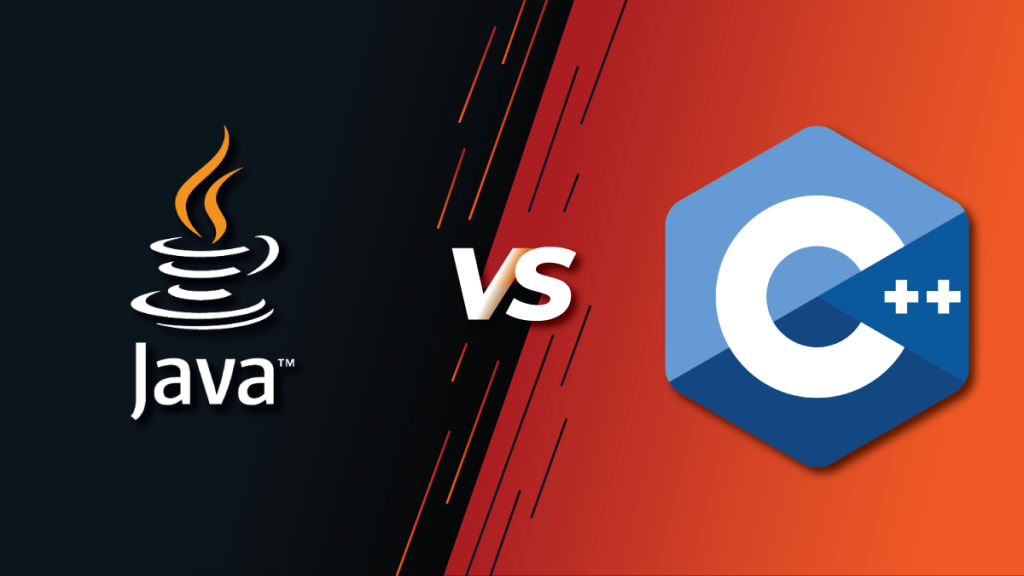How Java Differs from C++: A Deep Dive Explanation
Difference between java and c++

Java and C++ are two of the most widely used programming languages today. Both have been around for decades and have seen widespread adoption for a variety of uses ranging from application development to systems programming. Despite some similarities, Java and C++ have very different histories and design goals that manifest in significant differences between the two languages. This article provides an overview of the major differences between Java and C++ across various aspects such as syntax, object-oriented programming implementation, memory management, and portability.
Origins
Java was developed in the 1990s by a team led by James Gosling at Sun Microsystems. The main aim was to create a general-purpose, portable language that could be used to build applications for various platforms. On the other hand, C++ developed out of the C language and maintains much compatibility with C while adding features geared towards object-oriented programming and performance. As a result Java was designed ground-up to be simpler, safer and more portable, while C++ aimed to retain C efficiency while enabling object-oriented code.
Object-Oriented Programming Model
Both Java and C++ support object-oriented programming where code is organized into class definitions. However Java's object model is simpler. There are no global functions or variables in Java – these are wrapped into classes. Java does not support multiple inheritance while C++ does. Java also relies heavily on interfaces used to define functionality that child classes inherit. C++ abstract classes are the nearest equivalent concept. Encapsulation control via access modifiers is also more rigid in Java.
Automatic Memory Management
One major area where Java and C++ differ substantially is in memory allocation and deallocation. Java uses automatic garbage collection so developers don’t have to explicitly allocate and free memory as objects are created and destroyed. C++ places the burden of memory management on developers. Manual allocation, reference counting and cleanup requirements in C++ often lead to tricky bugs and memory leaks. The tradeoff is C++ can manage memory more efficiently with some control ceded to the developer.
Platform Dependency and Portability
Java code is intended to “write once, run anywhere”. Java compilers generate cross-platform bytecode that runs on JVMs customized for different platforms. C++ code must be recompiled targeting specific platforms. C++ provides low overhead and access to system APIs, sacrificing platform-independent execution for performance. This makes Java better suited for developing platform-agnostic applications. C++ is the choice where system-dependent optimizations or access are critical.
Performance
There is a common perception that Java is slower than C++. This used to be largely true in Java's early days due to immature JIT compilers and JVMs. However modern Java runtimes now challenge C++ performance owing to advanced JIT techniques. On average C++ still outperforms Java for equivalent programs. But Java code can often approach “good enough” C++ performance at substantial savings in developer effort and safety. Just-in-time compilation does carry runtime warmup penalties however.
Syntax and Standard Libraries
Java inherits much of its syntax from C++ but is tailored towards simplicity by removing obscure, confusing, or redundant elements. Illegal operations generate compile time errors rather than crashes enhancing code stability. Java standard library functionality is also more fully featured out-of-box compared to C++'s STLs. Features like garbage collection, thread support and GUI libraries are built into Java without third party libraries needed. C++ on the other hand adopts a minimalist base language and library design with features split into additional libraries.
In summary, while the languages share a common ancestry Java diverged substantially from C++ its design optimized more for security, stability and programmer convenience rather than extreme performance or control. This makes Java popular for building cross-platform applications safely with reasonable performance, while C++ powers performance-critical software willing to trade ease of development for control and efficiency. Both continue dominating software development complementing rather than competing directly against each other due to their differing strengths.
About the Creator
My Assignment Services
Our mission is to empower students on their educational journey, as every student deserves the opportunity to excel academically, regardless of the circumstances. With the demand for assignment help and academic support rising.






Comments
There are no comments for this story
Be the first to respond and start the conversation.